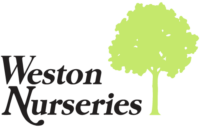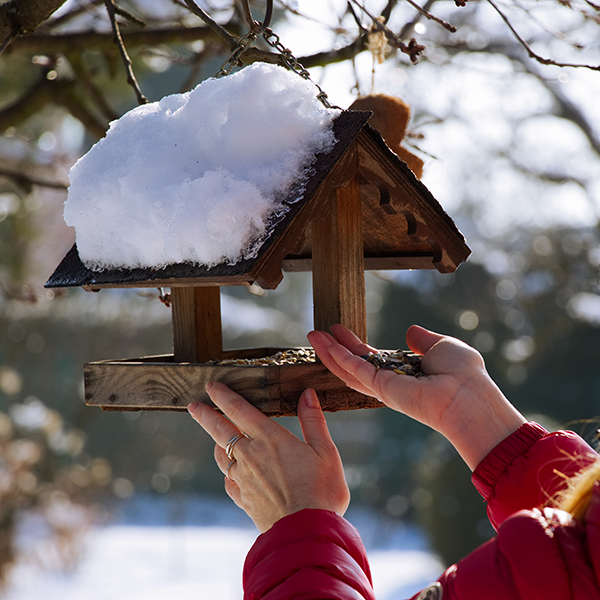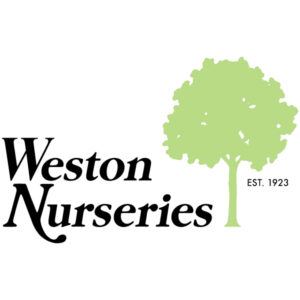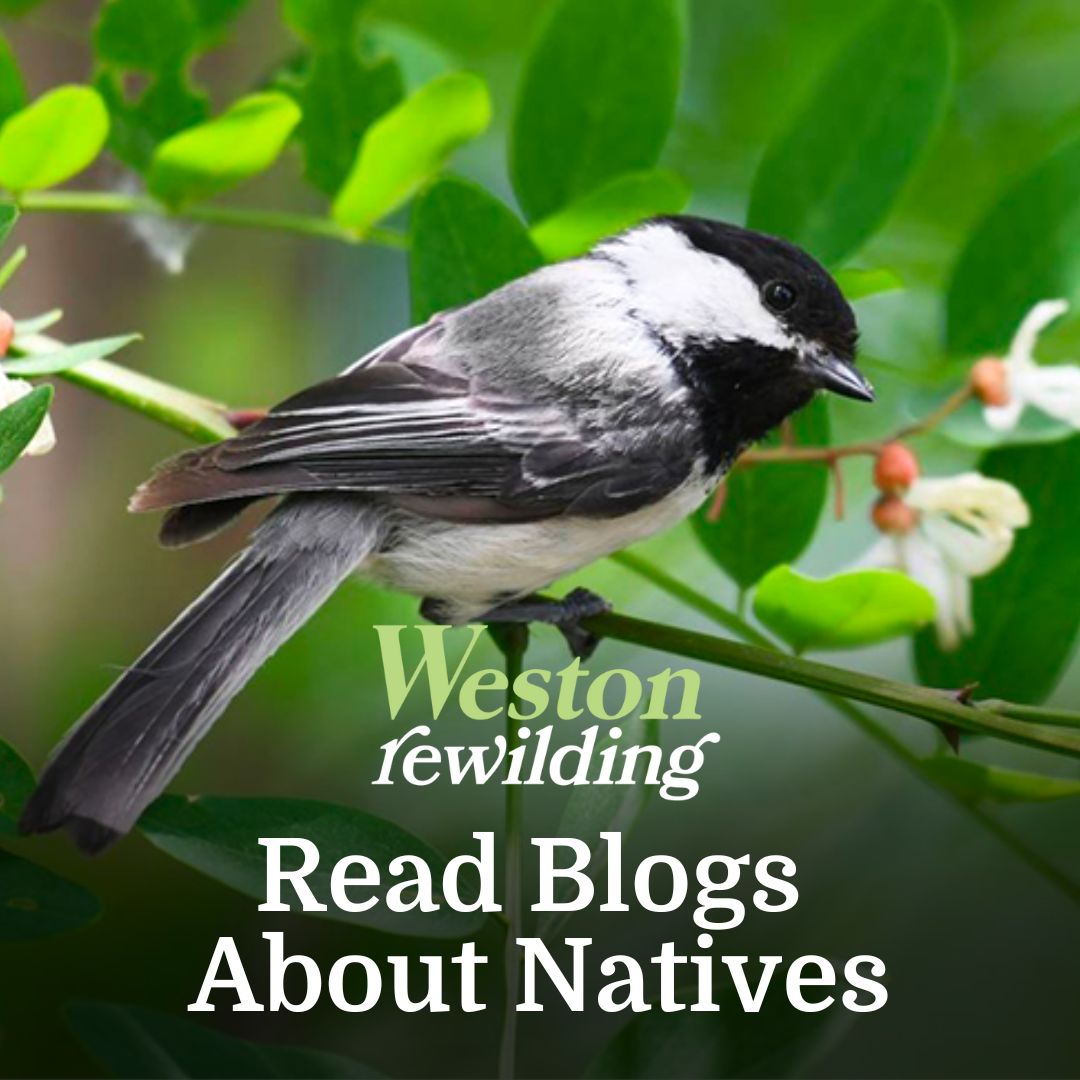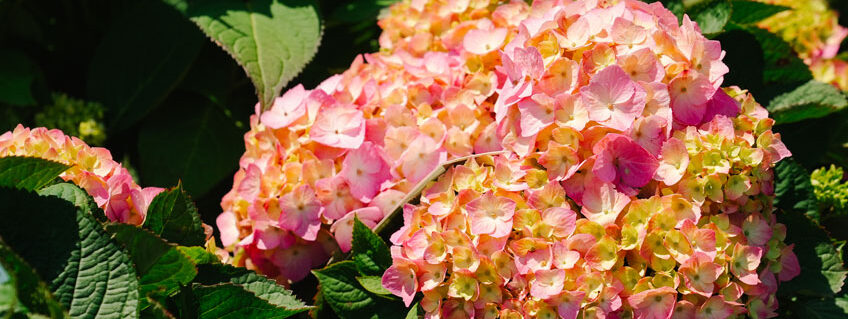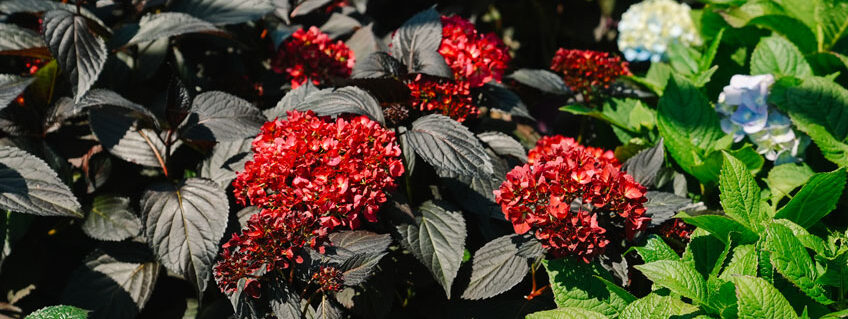‘Tis the season for feeding birds all across North America, especially in those regions where it gets mighty cold and snowy. If you are bird feeding veteran, you’ve probably gained lots of insight into the foods your backyard birds prefer. Perhaps you’ve learned through trial and error, or perhaps you did your homework and read up on the subject.
If you are just getting started in bird feeding, or if you are frustrated by a lack of success in attracting winter birds to your feeders, the first thing you need to determine is whether you are feeding the right foods. If you are not giving the birds what they want, you might not have many birds.
The following ten foods are extremely popular with backyard birds all across North America:
10. Black-oil sunflower seed
This seed is the hamburger of the bird world. Almost any bird that will visit a bird feeder will eat black-oil sunflower. Birds that can’t crack the seeds themselves will scour the ground under the feeders, picking up bits and pieces. The outer shell of a black-oil sunflower seed is thinner and easier to crack than that of striped sunflower. Black-oil sunflower kernels have a higher fat content than striped sunflower seeds, and so make a great winter diet staple. Striped sunflower is still fine, and evening grosbeaks, cardinals, jays, and other big-billed birds may even prefer it slightly, but black-oil sunflower seed is better at attracting a wide variety of birds to your winter feeder. Hulled sunflower seeds, aka sunflower hearts, provide a no-mess option.
9. Peanuts
Shelled (which means without a shell), dry-roasted, and unsalted peanuts provide protein and fat, so they’re a great fuel for birds in winter. Several major feeder manufacturers produce sturdy, efficient, tube-shaped feeders intended to serve peanuts. Woodpeckers, jays, nuthatches, chickadees, and titmice will readily visit a feeder for this high-energy food. Even cardinals and finches will eat peanuts. Whole peanuts—in the shell—attract jays and woodpeckers, but not smaller birds. Birds love peanut butter, too—just avoid “peanut spreads,” which contain extra ingredients. Be warned, though, that squirrels love peanuts in any form.
8. Suet
For birds in winter, fat is an excellent source of energy. Commercial suet blocks are available wherever birdseed is sold. Or look for raw suet in the meat isle of your grocery store. Ask for it at the butcher counter if you don’t see packages of it on display. It is fine to feed small chunks of raw suet to wild birds, but it does become rancid faster than commercial blocks, especially during warm weather. No suet feeder? No problem—just use an old mesh onion bag. For the adventurous, you can render raw suet to make your own longer-lasting blocks: Melt it down to liquid in a microwave or on the stovetop, monitoring it carefully. Remove and dispose of the unmeltable bits, and allow it to harden.
7. Good mixed seed
Is there such a thing as BAD seed mix? You bet! Bad mixed seed has lots of filler in it—junk ingredients that most birds won’t eat. Bad mixed seed can include dyed seed intended for pet birds, wheat, and some forms of red milo that only birds in the Desert Southwest seem to eat. Good mixed seed has a large amount of black-oil sunflower seed, cracked corn, white proso millet, and perhaps some peanut chips, sunflower hearts, and dried fruit. You get what you pay for when it comes to seed mixes. Read the ingredients on the bag, or make your own seed blend from the seeds mentioned above.
6. Nyjer/thistle seed
Although it can be expensive, Nyjer (aka thistle) seed is eagerly consumed by all the small finches—goldfinches, house, purple, and Cassin’s finches, pine siskins, and redpolls. You need to offer this tiny seed in a specialized feeder of some kind. The two most commonly used types of thistle feeder are a tube feeder with small, thistle-seed-sized holes, and a thistle sock. A thistle sock is a fine-mesh, synthetic bag that is filled with Nyjer seed. Small finches can cling to this bag and pull seeds out through the mesh. Note: Nyjer can go rancid or moldy quickly in wet weather. A sure sign that it has gone off is when the birds stop visiting the feeder. Time to throw away what you’ve got and buy a fresh bag.
5. Safflower
This white, thin-shelled, conical seed is eaten by many birds and has the reputation for being the favorite food of the northern cardinal. Some feeder operators claim that safflower seed is not as readily eaten by squirrels and blackbirds. (Caveat: Your results may vary.) Feed safflower in any feeder that can accommodate sunflower seed. Avoid offering safflower on the ground in wet weather: It can quickly become soggy and inedible. You can buy safflower in bulk at seed and feed stores.
4. Cracked corn
Sparrows, blackbirds, jays, doves, quail, and squirrels are just a few of the creatures attracted to cracked corn. Depending on where you live you may also get turkeys, deer, elk, moose, and caribou. Fed in moderation, cracked corn will attract almost any feeder species. Some feeder operators use this food to lure the squirrels away from the bird feeders. Squirrels love corn—cracked or otherwise—best of all. Whole corn still on the cob is fine for squirrels, but not a good bird food because the kernels are too big and hard for most small birds to digest. Cracked corn is broken into smaller, more manageable bits that many birds will gobble up.
3. Mealworms
Most feeder birds, except goldfinches, will eat mealworms if you offer them. Live mealworms are available in bait stores or by mail order. Don’t worry, mealworms aren’t slimy and gross. In fact, they aren’t even worms; they are larval stage of a beetle (Tenebrio molitor), if that makes you feel better. We grow our own mealworms in a tub of old-fashioned rolled oats, and feed them to the birds in a shallow ceramic dish. The dish has slippery sides so the worms can’t crawl out. Bluebirds, in particular, go crazy for mealworms and will eat as many as you provide. That can result in an unbalanced diet, so we recommend no more than twenty mealworms per bluebird per day. Bags of freeze-dried mealworms are usually available in wild bird feeding stores and big-box hardware stores.
2. Fruit
Humans are supposed to eat at least three servings of fruit every day. Fruit is also an important dietary element for birds, but it can be hard to find in many areas in midwinter. Set out grapes, slices of citrus fruits, apple or banana slices, and even melon rinds, and watch the birds chow down. If you want to feed raisins, chop them up and soak them in warm water first to soften them up a bit. Offering fruit to tanagers and orioles is a traditional spring and summer feeding strategy, but many winter feeder birds will eat fruit, too.
1. Homemade bird treats
You can come up with your own recipes for winter bird feeding treats. Smear peanut butter on a tree trunk, and poke some peanut bits into it. Melt suet in your microwave, and pour it into an ice-cube tray to harden. Before it solidifies, add peanut bits, raisins, apple bits, or other bird foods. Put the tray in your freezer to harden. Once it does, you’ve got cubed bird treats—easy to make and easy to use
By Bill Thompson, III | Editor, Bird Watcher’s Digest

